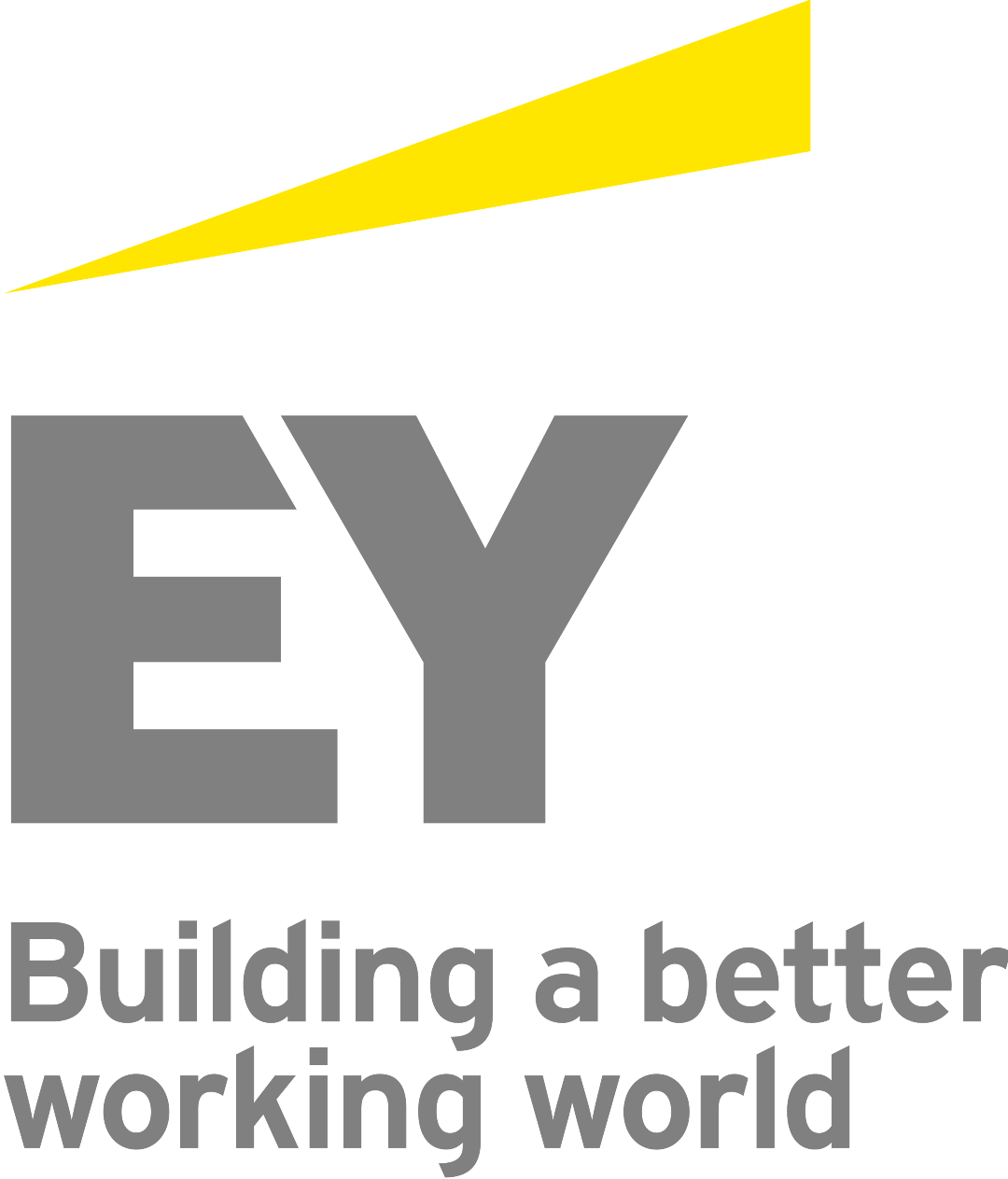Better tax questions to ask before welcoming 2019
TORONTO, Dec. 10, 2018 /CNW/ - This December, add some cheer to your 2019 tax season. Taking the time to review your tax situation and available tax-saving strategies now can save you time and money come spring, according to EY Canada's Asking better year-end tax planning questions.
"The New Year is fast approaching and we've experienced significant changes to private company tax reform measures this past year that might impact your tax planning," says David Steinberg, EY Canadian Tax Leader, Private Client Services. "Being informed about key deadlines, as well as early planning and action can help you minimize the income tax you'll have to pay on your 2018 returns."
1. Have you considered the impact of any changes to personal tax rules that are effective for the year or in 2019?
- Income-splitting private corporation business earnings with adult family members: New rules may limit income splitting opportunities with certain adult family members through the use of private corporations in 2018 and later years. More in the EY Tax Alert 2017 Issue No. 52.
- Holding passive investments in your private corporation: If you're considering realizing accrued gains in your company's investment portfolio before its 2018 taxation year end and the company is likely to cross the $50,000 income threshold by doing so, consider deferring the gains to the following year so that the 2019 taxation year is not impacted by the new rules. More in the May 2018 TaxMatters@EY.
- Receiving non-eligible dividend income: The tax rate applicable to non-eligible dividend income will be increasing for dividends received on or after 1 January 2019.
2. Are there any income-splitting techniques available to you?
- Income-splitting loans: You can loan funds to a family member at the current prescribed interest rate of 2%. The family member can invest the money and the investment income will not be "attributed" to you, as long as the interest for each calendar year is paid no later than 30 January each subsequent year. Make sure you pay the interest before 30 January 2019 for loans made in 2018 or earlier years.
- Reasonable salaries to family members: If you have a business, consider employing your spouse or partner and/or your children to take advantage of income-splitting opportunities. This planning may be more important this year than in the past, due to other income splitting opportunities becoming more limited in 2018 onward.
- Spousal RRSPs: In addition to splitting income in retirement years, these may be used to split income before retirement. The higher-income spouse or partner can get the benefit of making contributions to a spousal plan at a high tax rate and, after a three-year non-contribution period, the lower- or no-income spouse can withdraw funds at a reduced tax rate.
3. Is there a way for you to reduce or eliminate your non-deductible interest?
- Interest on funds borrowed for personal purposes is not deductible: Where possible, consider using available cash to repay personal debt before repaying loans for investment or business purposes on which interest may be deductible.
4. Have you reviewed your investment portfolio?
- Using accrued losses against realized gains: While taxes should not drive your investment decisions, it may make sense to sell loss securities to reduce capital gains realized earlier in the year.
- Carrying forward realized losses: If you have capital loss carryforwards from prior years, consider cashing in on some of the winners in your portfolio. Be aware of the 27 December 2018 deadline for selling securities listed on a Canadian or US stock exchange to ensure that the trade is settled in 2018.
5. Can you improve the cash flow impact of your income taxes?
- Making a 15 December instalment payment: If you expect your 2018 final tax liability to be significantly lower than your 2017 liability, you may have already paid enough in instalments.
Steinberg adds: "In addition to these questions, business owners should also think about a succession plan for their business. If you're already strategizing from a tax perspective, step back and ask yourself how you'd like your business assets to be passed along to the next generation. It could make a big difference for the future of your company."
To read EY tax insights and tips, visit ey.com/ca/taxmatters. To learn more about how EY works with private companies, visit ey.com/ca/private.
About EY
EY is a global leader in assurance, tax, transaction and advisory services. The insights and quality services we deliver help build trust and confidence in the capital markets and in economies the world over. We develop outstanding leaders who team to deliver on our promises to all of our stakeholders. In so doing, we play a critical role in building a better working world for our people, for our clients and for our communities.
For more information, please visit ey.com/ca. Follow us on Twitter @EYCanada.
EY refers to the global organization and may refer to one or more of the member firms of Ernst & Young Global Limited, each of which is a separate legal entity. Ernst & Young Global Limited, a UK company limited by guarantee, does not provide services to clients. For more information about our organization, please visit ey.com.
SOURCE EY (Ernst & Young)

Sasha Anopina, [email protected], +1 416 943 2637; Victoria McQueen, [email protected], +1 416 943 3141; Camille Larivière, [email protected], +1 514 879 8021

Share this article